05th May 2024
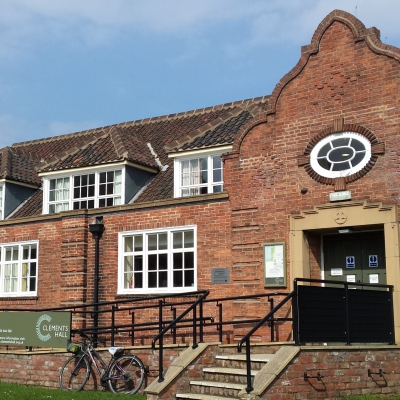
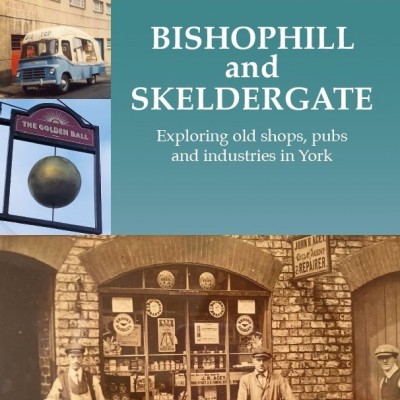


View navigation
05th May 2024
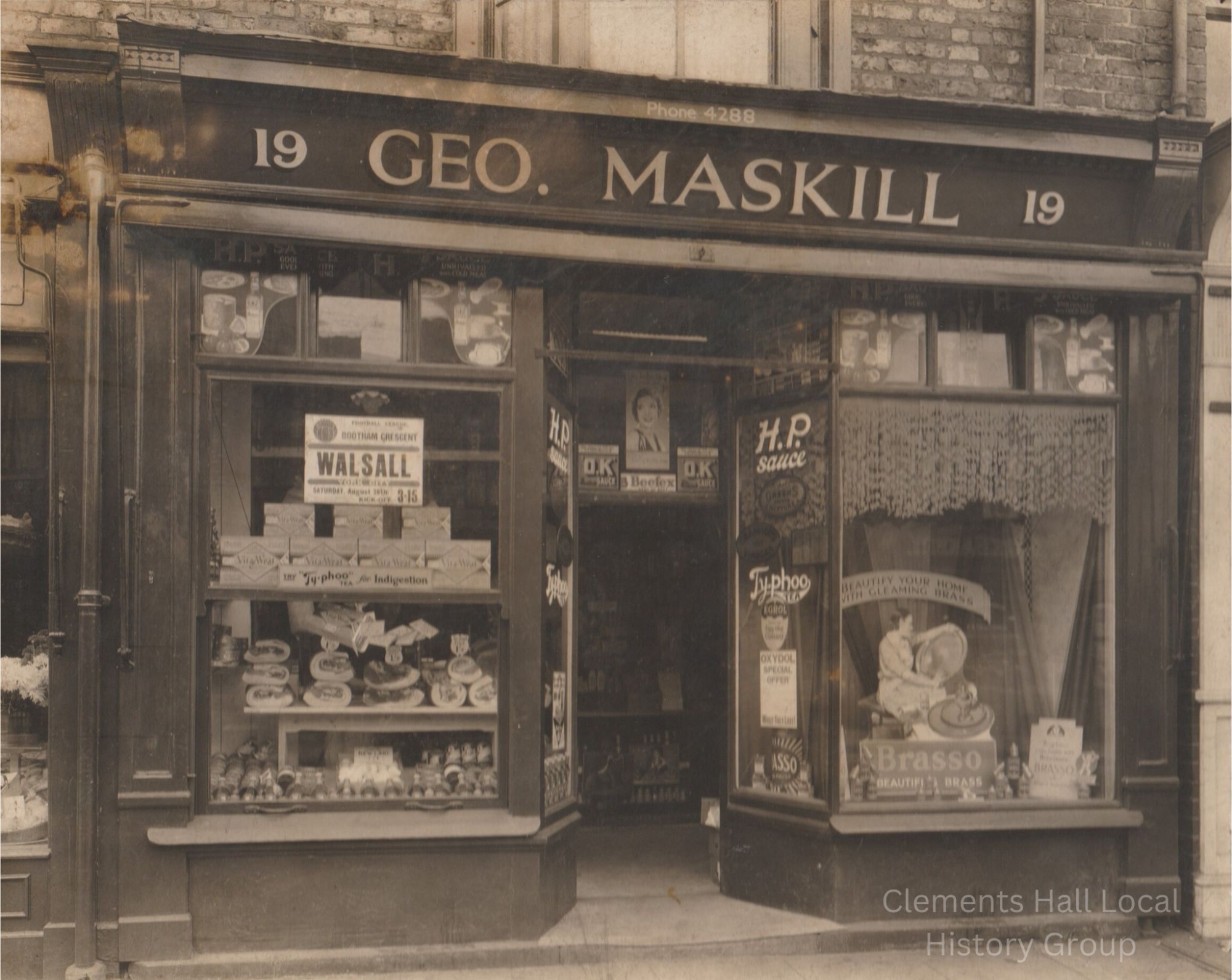
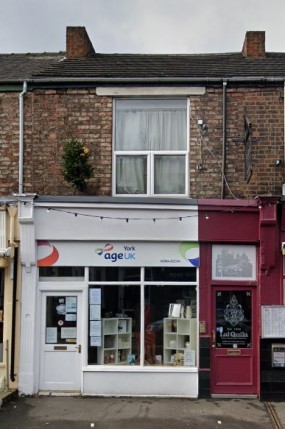 The photos show the exterior of his shop at 19 Bishopthorpe Road, and a lovely view of George at work inside, then in his mid-twenties. He took the shop on in 1933, and lasted there until the 1940s, running it with his wife Beatrice. They were living in a 'new house' in Albemarle Road at the time.
The photos show the exterior of his shop at 19 Bishopthorpe Road, and a lovely view of George at work inside, then in his mid-twenties. He took the shop on in 1933, and lasted there until the 1940s, running it with his wife Beatrice. They were living in a 'new house' in Albemarle Road at the time.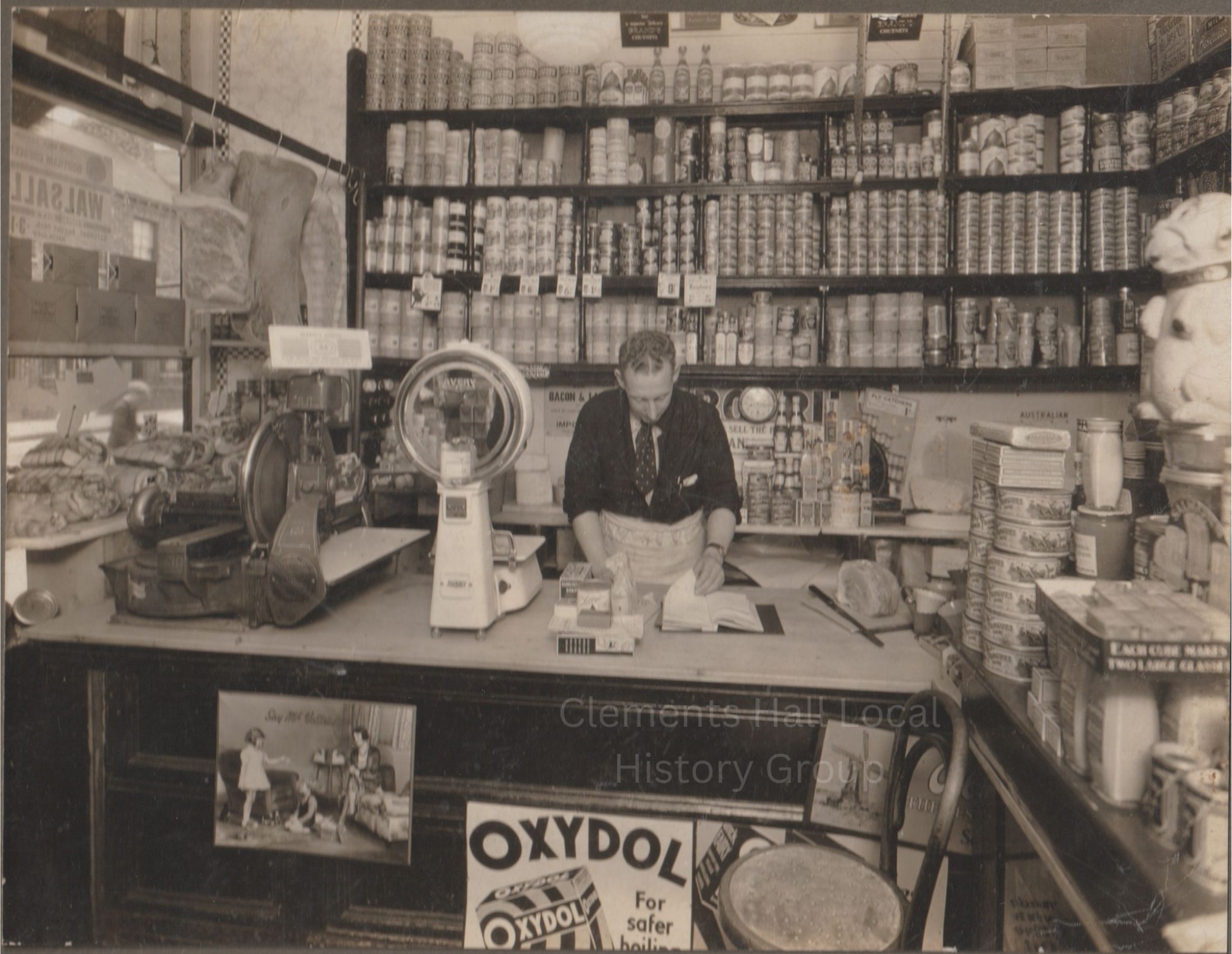
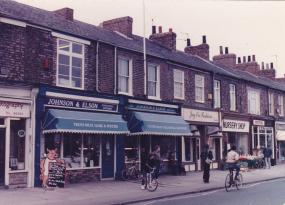 There was a family story that George patented a device for keeping flies off meat, and when we checked we found it, registered in 1944, so he was still running the shop then. It used a number of fins mounted on rotatable shafts over the food, meat or bacon and adapted to create a current of air and/or flick the side of the food. He also invented a car inner tube in sections, to help with punctures.
There was a family story that George patented a device for keeping flies off meat, and when we checked we found it, registered in 1944, so he was still running the shop then. It used a number of fins mounted on rotatable shafts over the food, meat or bacon and adapted to create a current of air and/or flick the side of the food. He also invented a car inner tube in sections, to help with punctures.